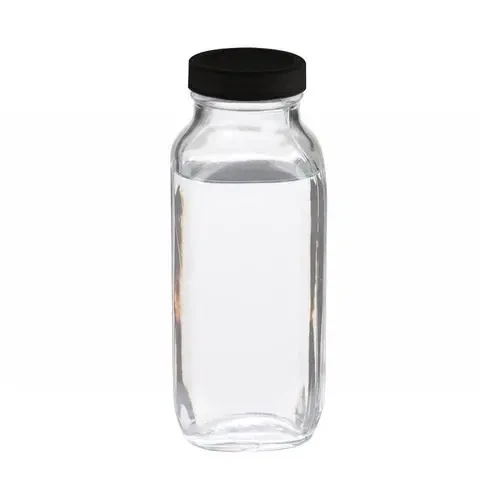Hydrazine Boiler Water Treatment An Overview
Boiler water treatment is a crucial aspect of maintaining the efficiency and longevity of boiler systems in various industrial applications. Among the chemical treatments used, hydrazine plays a significant role due to its effectiveness in controlling corrosion and maintaining water quality in boiler systems.
Understanding Hydrazine
Hydrazine (N2H4) is a colorless, flammable liquid with an ammonia-like odor. It is primarily used as a reducing agent in various chemical reactions and is particularly advantageous in boiler water treatment due to its ability to scavenge oxygen. Oxygen is one of the primary contributors to corrosion in boiler systems, and controlling its concentration is essential for preserving boiler integrity and efficiency.
The Role of Hydrazine in Boiler Treatment
In boiler systems, the presence of dissolved oxygen can lead to oxidative corrosion of metal surfaces, which can significantly reduce the lifespan of boiler components, such as pipes and heat exchangers. Hydrazine serves as an effective oxygen scavenger, chemically reacting with dissolved oxygen to form inert nitrogen gas and water. This reaction effectively eliminates free oxygen from the boiler water, reducing the risk of corrosion.
The basic reaction can be summarized as follows
\[ \text{N}_2\text{H}_4 + \text{O}_2 \rightarrow \text{N}_2 + 2 \text{H}_2\text{O} \]
By utilizing hydrazine in boiler water treatment, operators can effectively minimize the corrosion rates of ferrous materials and prolong the operational life of their systems. Additionally, hydrazine does not result in the generation of corrosive by-products, making it an ideal choice for maintaining water quality.
Advantages of Using Hydrazine
hydrazine boiler water treatment

1. Effective Oxygen Scavenging Hydrazine is extremely effective at removing oxygen from water, ensuring that the boiler environment remains free of corrosive agents.
2. Non-Corrosive By-Products The reaction products of hydrazine are non-harmful gases (nitrogen) and water, which means there’s no risk of additional corrosion from residual chemicals.
3. High Boiler Efficiency Reducing oxidation not only protects the materials but also enhances the overall efficiency of the boiler system. A well-maintained boiler can operate at optimal conditions, saving energy and operational costs.
4. Versatility Hydrazine can be used in various boiler types, from small industrial units to large power generation systems, making it highly versatile for different applications.
Safety and Handling Considerations
While hydrazine is a valuable tool in boiler water treatment, it is essential to handle it with care due to its toxicity and potentially hazardous nature. It is categorized as a hazardous material, and exposure can pose serious health risks, including skin irritation, respiratory issues, and potential toxicity in prolonged exposure scenarios.
When using hydrazine, it is crucial to adhere to safety protocols, including wearing proper personal protective equipment (PPE) and ensuring that there are adequate ventilation systems in place. Additionally, operators should be trained in emergency procedures in the event of a spill or exposure.
Conclusion
Hydrazine is an effective and vital component in the treatment of boiler water, offering significant benefits in terms of oxygen scavenging and corrosion control. By integrating hydrazine into boiler maintenance practices, industries can enhance the performance and longevity of their systems while reducing risks associated with corrosion. However, careful consideration of safety measures is essential to ensure the responsible use of this powerful chemical agent. In summary, hydrazine not only aids in achieving optimal boiler performance but also contributes to safe and efficient operations in various industrial contexts.

